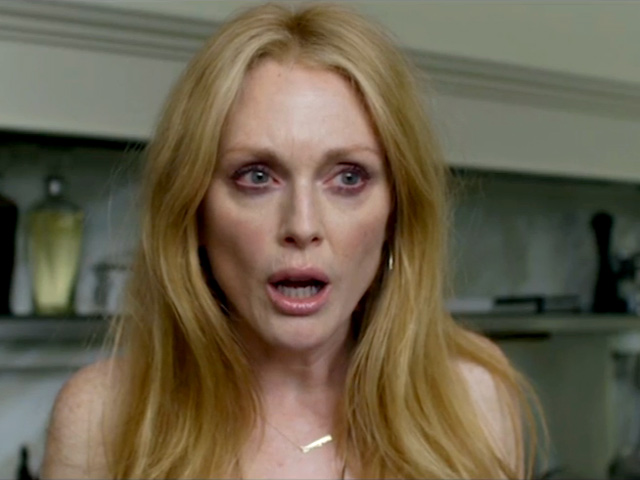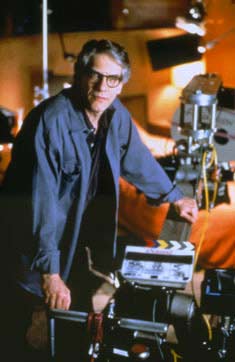David Cronenberg says Rotten Tomatoes is Ruining Movie Criticism
By Michael West in Movies / TV / Theatre on 07 January 2015
David Cronenberg has a point when he says Rotten Tomatoes is killing traditional movie criticism.
David Cronenberg, the director of the recent Maps to the Stars and classics including A History of Violence, says Rotten Tomatoes is ruining film criticism. The director says movie criticism is no longer "effective" because of the priority given to aggregated opinions instead of reasoned ideas.
 David Cronenberg says Rotten Tomatoes is killing movie criticism
David Cronenberg says Rotten Tomatoes is killing movie criticism
It is true that a large swathe of movie fans are more likely to visit Rotten Tomatoes to gauge the reaction to a movie, instead of reading or listening to the extended thoughts of certain critics.
More: read our full review of Maps to the Stars
"Even now if you go to Rotten Tomatoes, you have critics and then you have 'Top Critics', and what that really means is that there are legitimate critics who have actually paid their dues and worked hard and are in a legitimate website connected perhaps with a newspaper or perhaps not. Then there are all these other people who just say they're critics and you read their writing and they can't write, or they can write and their writing reveals that they're quite stupid and ignorant," Cronenberg told CBC News.
"Some voices have emerged that are actually quite good who never would have emerged before, so that's the upside of that. But I think it means that it's diluted the effective critics."
More: Maps to the Stars may finally earn Moore her Oscar
Previously, Armond White, chairman of the New York Film Critics Circle, cited Rotten Tomatoes as an example of how "the internet takes revenge on individual expression". He said aggregators work by "dumping reviewers onto one website and assigning spurious percentage-enthusiasm points to the discrete reviews."
Founded in 1998, Rotten Tomatoes now pulls in over 19 million unique visitors per month. Movies boasting a perfect score of 100% include The Godfather and Citizen Kane while those suffering the ignominy of a 0% rating include the Eddie Murphy comedy A Thousand Words and Keith Lemon: The Movie.
Contactmusic
Movies and Trailers

Maps To The Stars Trailer
Havana Segrand (Julianne Moore) is an actress struggling with her insecurities and desperate to reprise...

Cosmopolis Trailer
In a luxury stretched limousine on the way to get a haircut from his father's...

Cosmopolis Movie Review
Artful, intelligent and wilfully obtuse, Cronenberg uses his skill to hold our interest through this...

Cosmopolis Trailer
As he is transported in his lavish stretched limousine across Manhattan to get a haircut,...

A Dangerous Method Trailer
Set in Vienna before the start of World War One, Carl Jung, a student of...
Advertisement

Spider Movie Review
The strangest thing about David Cronenberg's Spider is how out of sync it is with...












